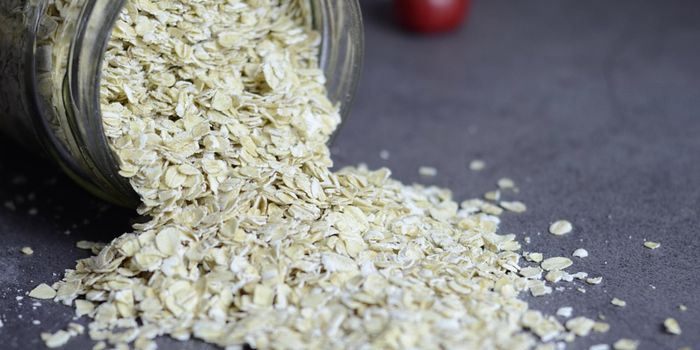A short polypeptide can manipulate monocytes to refrain from entering the tissues during inflammation. Finding the right balance of inhibition is vital, since some monocytes are needed to exit circulation and induce an inflammatory reaction during a pathogenic invasion. However, to avoid an overreaction and subsequent damage due to chronic inflammation, scientists from Ludwig Maximilians-Universitaet (LMU) in Munich are hoping to use this polypeptide to control monocyte activity.
Specifically, the polypeptide keeps monocytes from “sticking” to endothelial cells as they circulate in the blood. This reverses the action of secreted molecules from neutrophils, major lymphocytes that recruit other lymphocytes to the site of invasion.
"These heteromers offer attractive targets for therapeutic intervention, as inhibition of their formation should prevent activation of the signaling pathway that allows monocytes to attach to the vessel wall," explained Oliver Sohlein, PhD. He and his team published their results this week in
Science Translational Medicine.
“Heteromer” is a term that just refers to something with multiple parts, and the team from LMU aimed to identify the specific interactions between the parts of the secreted molecules from neutrophils and the proteins that bind monocytes to endothelial cells. By identifying the specific exchange, they could make their own heteromer to block the binding, and that’s just what they did.
They call their product the “SKY peptide.” It blocks the binding of monocytes to the endothelial cells by taking up the space that the other heteromers needed to bind.
"Normal immune responses are not perturbed by SKY peptide," Sohlein assures.
Reducing inflammation in cases of cardiovascular disease can greatly benefit patients who suffer from chronic inflammation. Limiting the number of monocytes that can gather in vessel walls will decrease the number of blockages, which will reduce the number of complications resulting from cardiovascular problems.
Watch the following video to learn more about the impact of chronic inflammation in the body:
Source:
LMU









